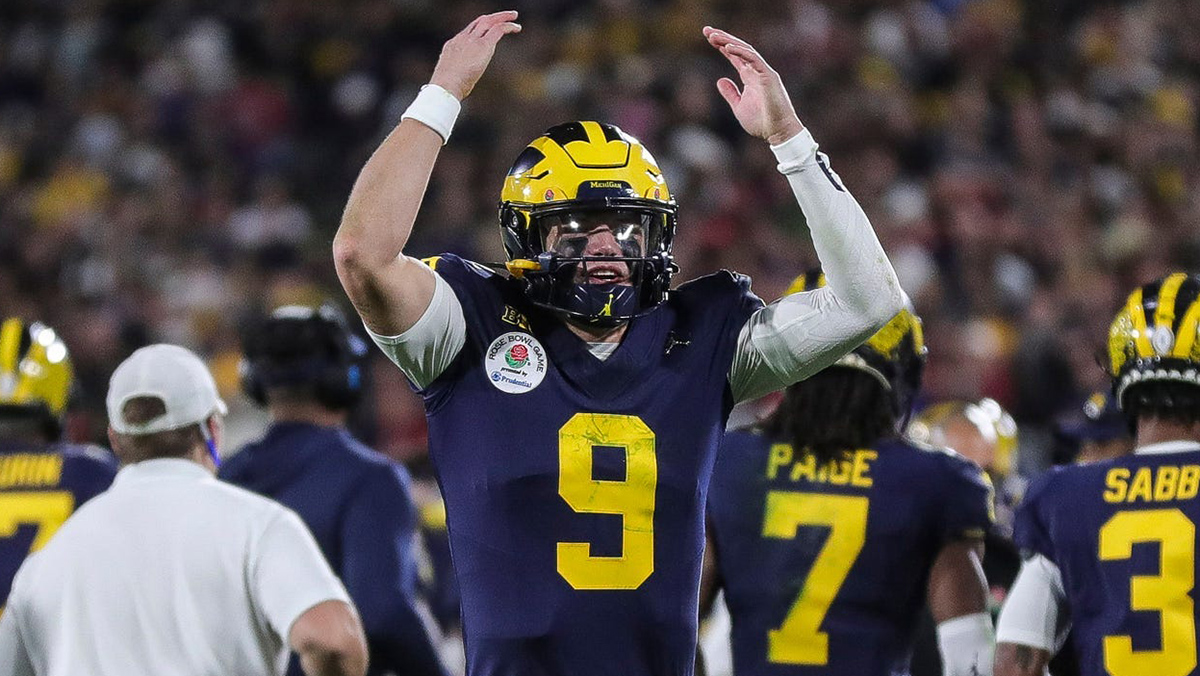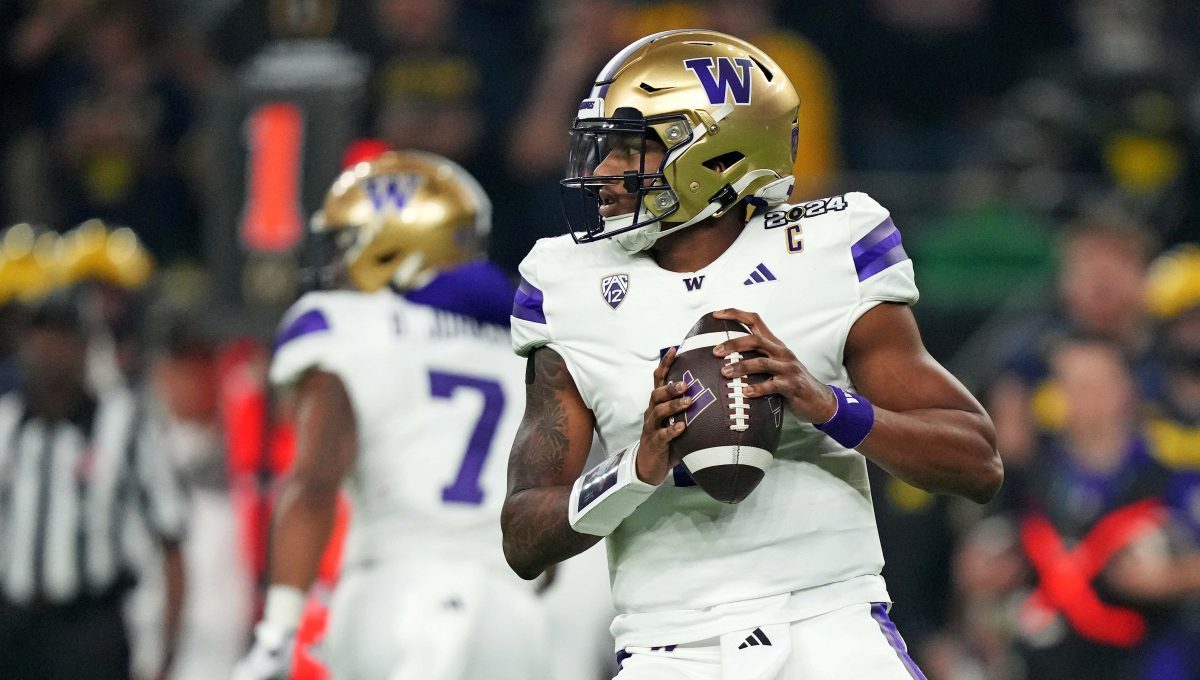Suits at the NFL office are trying to spin an arbitrator’s recent ruling as being immensely favorable to them.
But a closer review of the 54-page decision by Pro Football Talk’s Mike Florio led Florio to conclude an elementary part of NFL Commissioner Roger Goodell’s disciplinary power may have been mishandled when the league punished Tom Brady for being generally aware of a scheme to deflate footballs prior to last year’s AFC Championship Game.
The squabble that landed in front of the arbitrator was between the league and the NFLPA over the legality of Goodell stashing players in a discipline purgatory called the Commissioner’s Exempt list. A Sunday ruling upheld the league’s right to use the list. The ruling was interpreted in a memo from NFL counsel Jeff Pash as affirming (among other things) “the broad authority that the Commissioner had to define and impose discipline for conduct detrimental.”
This was one of the key components of the NFL’s contention that Goodell could do whatever he pleased to Brady if they felt his actions amounted to conduct detrimental. The NFLPA argued that general awareness of another person’s malfeasance (if the malfeasance even existed) couldn’t be conduct detrimental. Further, doctoring footballs would amount to an equipment violation, not conduct detrimental.
Pash wanted it known that a court official upheld that ruling.
Pash also said in his memo that Goodell has “broad discretion to delegate conduct-detrimental tasks and responsibilities to staff members, including a staff member who may be designated as ‘disciplinary officer’ and who, in that role, may compile the factual record and make disciplinary recommendations to the Commissioner.”
But Pash left something out, according to Florio who writes, “At page 37 of the decision appears an analysis on the question of whether the Commissioner may delegate to others certain disciplinary procedures within the confines of the Collective Bargaining Agreement.
New England Patriots
Although the decision permits the Commissioner to assign certain aspects of the administration of the Personal Conduct Policy to an investigative/disciplinary officer, the decision from arbitrator Jonathan Marks makes clear the reality that the Commissioner cannot, in cases involving alleged conduct detrimental to the league, assign the responsibility of making the initial disciplinary decision to someone else.
That’s precisely what Commissioner Roger Goodell did in Brady’s case, handing the task of determining appropriate discipline of Brady to executive V.P. of football operations Troy Vincent.
Goodell made a big show last spring of saying after the Wells Report purported to find Brady “guilty” that NFL VP Troy Vincent would take the lead on handing down discipline beginning with his statement last May saying, “Troy Vincent and his team will consider what steps to take in light of the report.”
The effort, it seemed, was adding a layer of distance between Goodell and the punishment so that when the inevitable Brady appeal came, Goodell could preside with a little less hue and cry from the public about his evident partiality. To help you remember this misstep, read this , this and this.
The NFL has tried to cover its tracks and insist it was Goodell that decided on and handed down the punishment and that Vincent was only breaking the news after Goodell authorized him to do so, but it’s just another instance of the NFL stepping on its junk again.
None of this immediately impacts the NFL appeal of the Judge Berman’s decision to “Free Brady.” And it may only be a factor if the case is remanded to Berman who did question in court who did what for the NFL in terms of deciding and handing down the punishment.
But if it does land back with Judge Berman, the fact an arbitrator affirmed that Goodell can’t do what he seems to have done in this case could be a wrench in the works.


